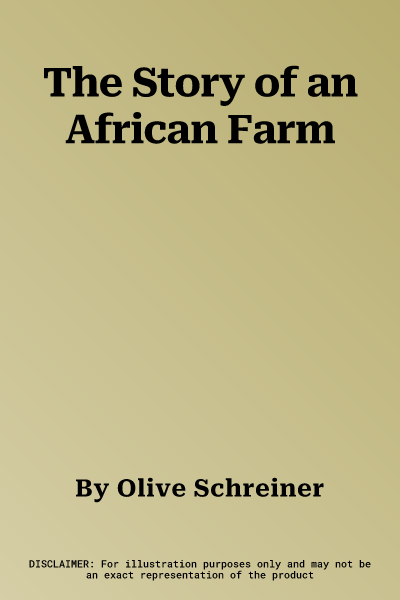Spanning the childhood and burgeoning adulthood of three young people,
this stunning evocation of 19th-century South Africa is a coming-of-age
classic and an early feminist and modernist novel
Lyndall is a feisty young girl with an independent spirit who is
frustrated by the limited options open to her as a girl in South African
society. She is the polar opposite of her cheerful, chubby cousin Em,
who aspires to get married and settle down. The third child in the trio
is Lyndall's best friend, Waldo, a thoughtful little boy who questions
everything about the world around him except his affection for Lyndall.
The children's bucolic lives on the veld are disrupted by the arrival of
Bonaparte Blenkins to the farm, a confidence trickster who is keen to
seduce Em's stepmother in order to take over the farm. Only Lyndall has
the self-confidence to stand up to Bonaparte's cruelty, but ultimately
his actions will echo throughout their lives forever. As the children
grow up, they fall in love, move away, move back, and ultimately find
meaning in their lives, despite the tragedies they endure. An instant
bestseller on its publication in 1883, this book was far ahead of its
time in its portrayal of women in society, and it retains its power more
than a century later. Tackling themes of religion, philosophy,
unrequited love, and fate, it helped transform the shape and course of
the late Victorian novel and is a classic of South African literature.

